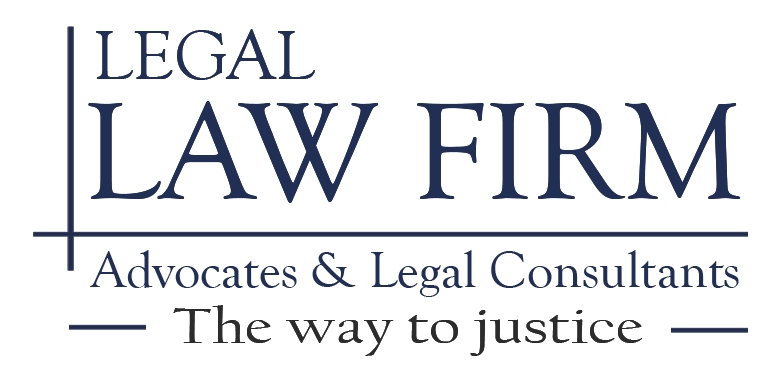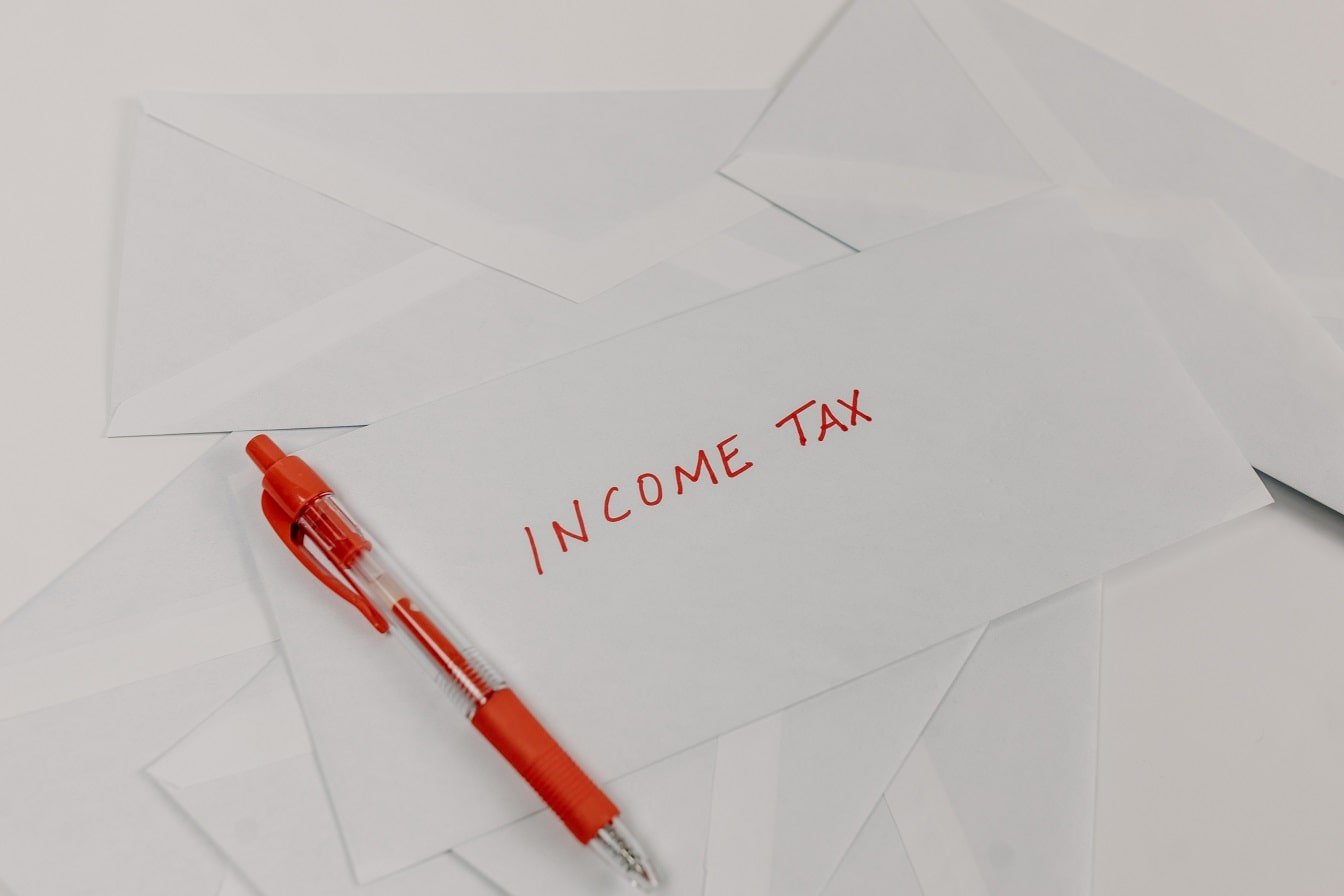The Income Tax Ordinance 2001, often known as the Legislation, mandates that individuals self-assess their property and possessions and then submit this information to the Federal Board of Revenue through a tax statement. Following the Regulations, this result is the same as an assessing officer.
Proceedings under Income tax ordinance 2001 Ordinance
The department of income tax can initiate deliberations underneath the Legislation in a plethora of ways, and also by setting deadlines there under the following provisions: section 120(3) where the profit is inadequate; section 121(1) where a public purse has not decided to file a profit; section 122(5) where the Commissioner is satisfied, on the basic principle of the audit or predefined data, that the appraisal order necessitates being revised; section 122(5A) where the appraisal order needs to be changed as a result of unfounded.
Sections 120, 121, and 122,
Even though sections 120, 121, and 122 all provide time restrictions for the issue of notifications, section 161 of the Regulations does not. For the sake of frame of reference, subsection 174(3) of the Income Tax Ordinance, 2001 (the Ordinance) requires taxpayers to keep specific data and files. It accounts for about a tax year for six years after the conclusion of that tax year, except in situations where investigations about that tax year have been ongoing.
This time limit was implemented by a three-member court of the Supreme Court in a decision dated (Civil Petition No. 1691-L of 2018) that Mr. Justice Mansoor Ali Shah published. This judgmentdecided to apply this limited time to use either by tax agency under section 161 of the Legislation or take notice approved while under regulations that do not administer a limited time. The time restriction applicable in situations in which the sender of the notification is unable to reply to the statement absent referring to the files that are required to be kept following section 174 of the Ordinance.
Taxpayers are to furnish records.
The Supreme Court heard a case in which the particular topic of the case was an indication that was granted in 2017 seeking to recoup tax that needed to be kept confidential by the ratepayer in 2007 and 2009 under section 161(1A) of the Legislation and necessitate the taxpayer to refurbish declarations of tax liability under section 165(2B) of the the case was about a notice granted in 2017 desiring to recoup the necessary tax. A dilemma brought by the taxpayer resulted in the Lahore High Court leaving aside the notification. The task was based on the argument that the tax office could not have needed the public purse to provide documentation regarding tax years 2007 and 2009, six years after the conclusion of Income tax ordinance 2001.
The following is a list of the critical findings reached by the Supreme Court Income tax ordinance 2001
- The time restriction specified in subsection 174(3) of the Ordinance applies to any notification a taxpayer could not respond to absent reference to the documents that the Regulations obliged taxpayers to keep. Even in cases where the provisions of the Income tax ordinance 2001 under which the notification was given did not establish any time restriction, this timeframe was nonetheless enforced and executed. The Court emphasized that the time restriction didn’t apply to cases related to times during which the data were previously in the control of the tax agency.
- Because the six-year time restriction outlined in subsection 174(3) of the Regulations was of the same character as a legislative guarantee granted to taxpayers, the timeframe was unable to be prolonged by the tax agency to the prejudice of the taxpayers. The decision made by the High Court in the case Habib Bank Limited v Federation of Pakistan (2013 PTD 1659) also kept that now the tax agency might stretch the time frame if it was allowed to demonstrate the postponement in activating litigation against even a taxpayer was deemed unconstitutional by the Supreme Court of Pakistan.
- The time limit specified in subsection 174(4) of the Legislation was unable to be lengthened following subsection 214A of the Ordinance, which gives the Federal Board of Revenue (or a Commissioner who has been duly granted permission) the authority to prolong time restrictions for behavior that are mandated by the Legislation to be carried out within a predetermined amount of time.
Conclusion in the judgment
The Supreme Court characterized the Legislation as being “largely constructed all over thing regulations to keep the taxing method sure about it straightforward and the tax presidency and tax oversight cleverer and more productive.” This characterization served as the foundation for the inferences reached in the judgment.
The time limit under section 174(3)
By retaining that the timeframe under section 174(3) of the Ordinance acts as a substantiative defending against used these well after the end date and not simply as a providing demarcating the timeline of the logbook servicing responsibility underneath the Legislation, the judgment has remedied much of the uncertainty enclosing the limited time applied to use this under clauses of the Legislation that do not write prescriptions any limited time. The judge held that the time limit under section 174(3) of the Legislation needs to function as a meaningful defensive strategy against the notification.
In addition, as a result of the proclamation made by the Supreme Court that such a timeframe can indeed be lengthened, ratepayers will have the peace of mind that employees won’t be forced to deal with mentions that necessitate people to refer to the documentation that is older than those that they are required to keep following the Legislation. This assurance will be provided to taxpaying citizens as a result of the public statement made by the Supreme Court.




